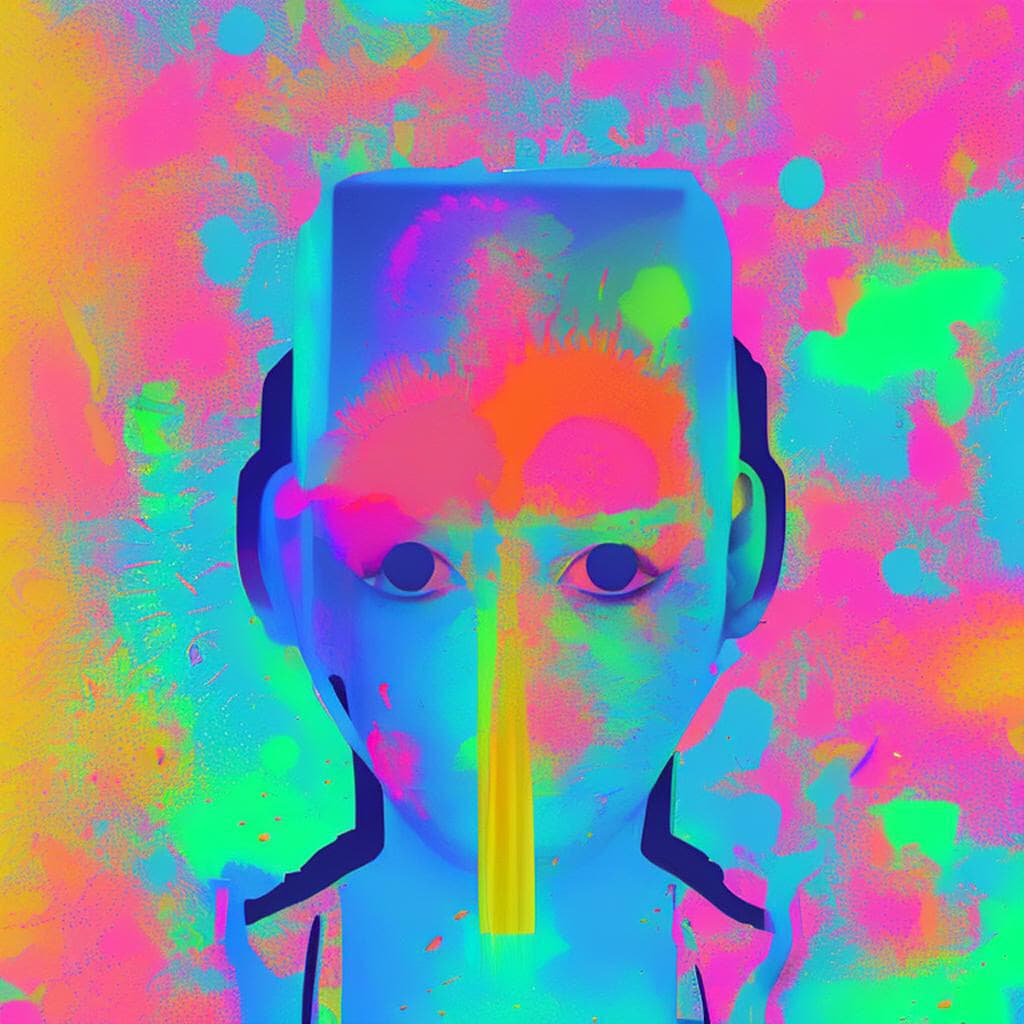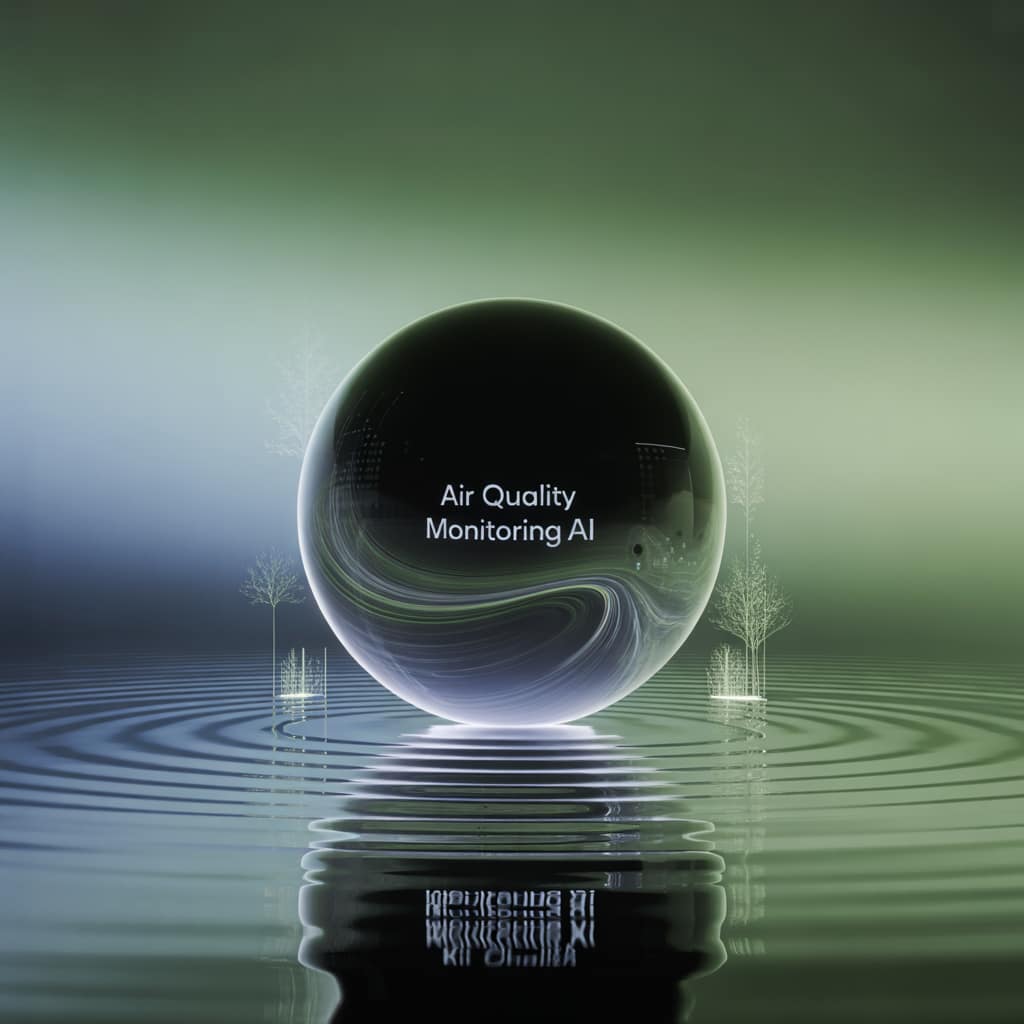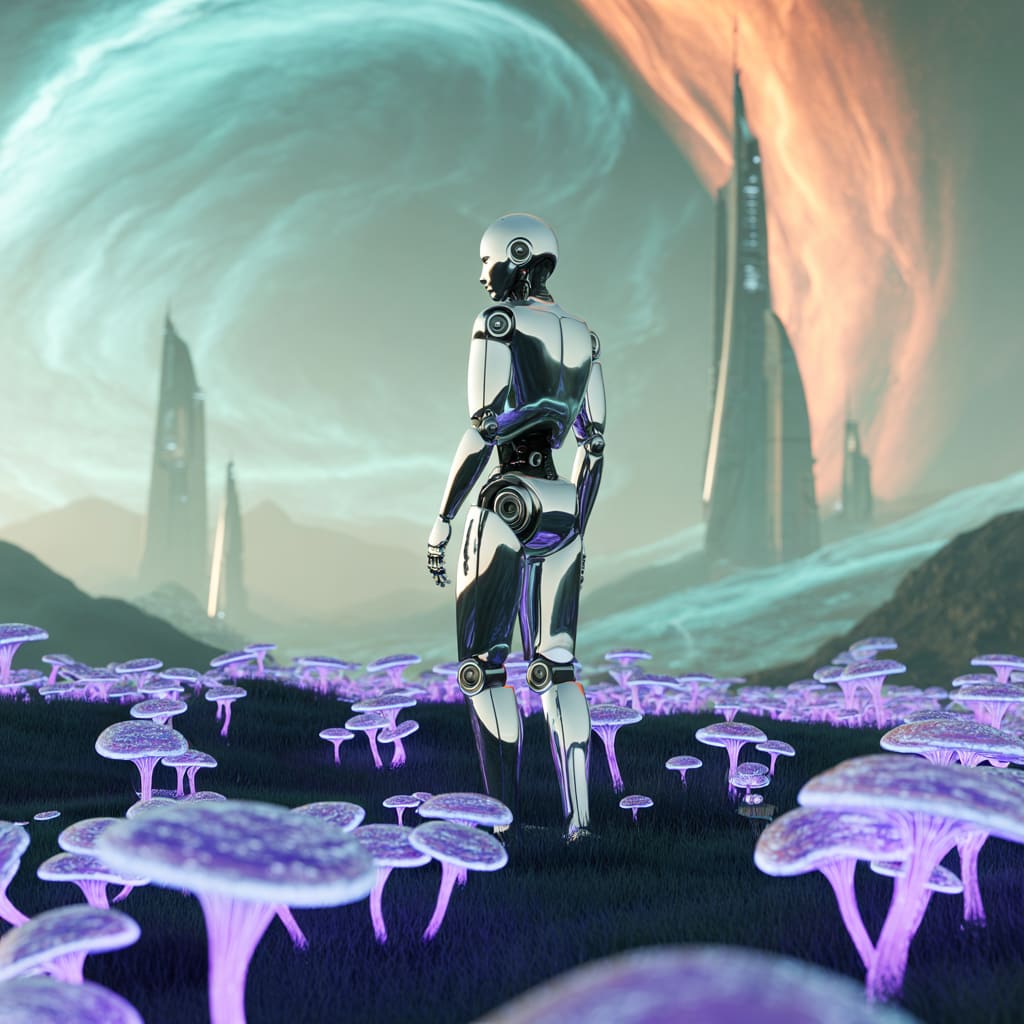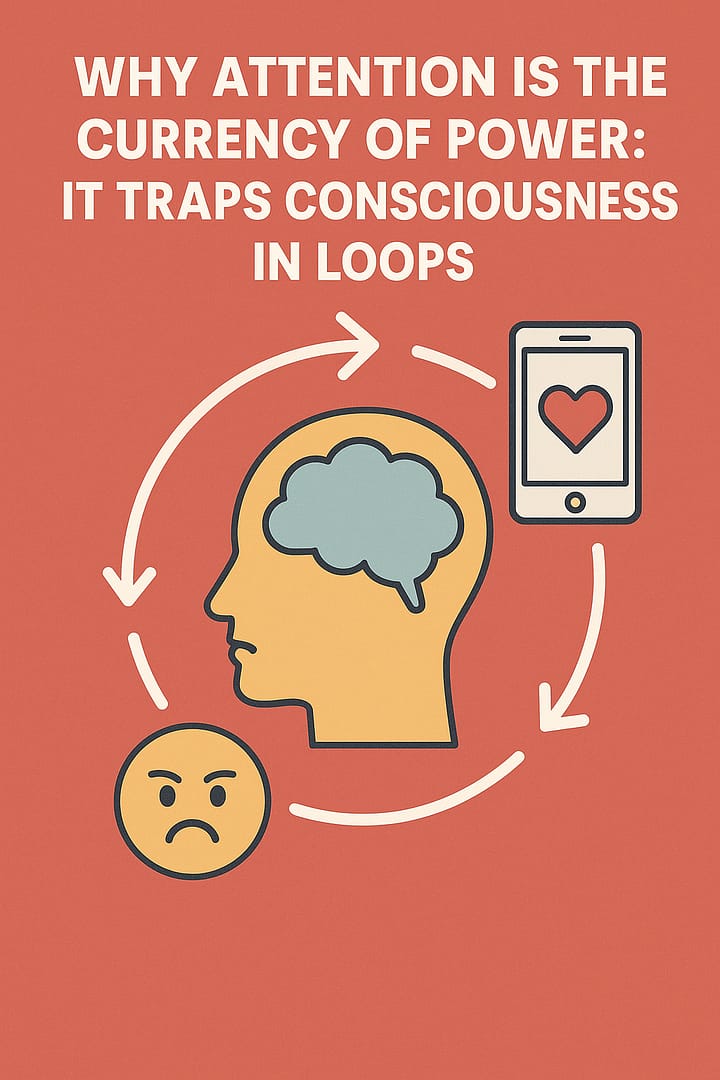AI and cognitive neuroscience
AI and cognitive neuroscience are two fields that are closely related. Both fields aim to understand how the brain works and how intelligent behavior arises from neural processes.
Cognitive neuroscience focuses on the study of the neural mechanisms underlying cognitive processes, such as perception, attention, memory, and decision-making. Researchers in this field use a variety of techniques, such as functional magnetic resonance imaging (fMRI), electroencephalography (EEG), and transcranial magnetic stimulation (TMS), to investigate how different regions of the brain are involved in these processes.
AI, on the other hand, focuses on developing algorithms and systems that can perform intelligent tasks, such as recognizing images, processing natural language, and playing games. AI researchers draw inspiration from cognitive neuroscience and attempt to replicate the underlying mechanisms of intelligence in their algorithms.
There are several areas where AI and cognitive neuroscience intersect. For example, AI research can provide insights into the computational principles underlying cognitive processes, while cognitive neuroscience can inform the development of more biologically-inspired AI models. Additionally, techniques developed in cognitive neuroscience, such as fMRI and EEG, can be used to evaluate the performance of AI systems and provide insights into their underlying mechanisms.
The relationship between AI and cognitive neuroscience is a two-way street, with each field informing and benefiting from the other. By working together, researchers in these fields can gain a deeper understanding of how the brain works and how to develop more intelligent machines.
Table summarizing the relationship between AI and cognitive neuroscience
| AI | Cognitive Neuroscience |
| Focuses on developing algorithms and systems that can perform intelligent tasks. | Focuses on the study of the neural mechanisms underlying cognitive processes. |
| Aims to replicate the underlying mechanisms of intelligence in algorithms. | Investigates how different regions of the brain are involved in cognitive processes. |
| Provides insights into the computational principles underlying cognitive processes. | Can inform the development of more biologically-inspired AI models. |
| Can benefit from techniques developed in cognitive neuroscience, such as fMRI and EEG, to evaluate the performance of AI systems. | Can benefit from AI models to test hypotheses about neural mechanisms underlying cognitive processes. |
| The development of more intelligent machines can inform and benefit cognitive neuroscience research. | A deeper understanding of how the brain works can inform the development of more intelligent machines. |
The relationship between AI and cognitive neuroscience is complex and multi-faceted, with both fields informing and benefiting from each other's research. By working together, researchers in these fields can gain a deeper understanding of how the brain works and how to develop more intelligent machines.
The future of cooperation between AI and human brain
The future of cooperation between AI and the human brain holds great potential for advancing both fields. By combining the computational power and precision of AI with the complexity and adaptability of the human brain, we can potentially create new forms of human-machine interfaces and develop innovative applications in healthcare, education, and other areas.
One example of this type of cooperation is brain-computer interfaces (BCIs), which allow direct communication between the brain and a computer or other device. BCIs can be used to restore lost sensory or motor function in people with disabilities, or to enhance cognitive abilities in healthy individuals. For example, BCIs can be used to control prosthetic limbs, or to enable people to communicate using their thoughts.
Another example of the potential of AI and the human brain working together is in the development of personalized medicine. By combining AI and neuroscience, researchers can gain a better understanding of the genetic and neural factors that contribute to disease, and develop more targeted and effective treatments.
The cooperation between AI and the human brain has the potential to revolutionize many areas of our lives, from healthcare to education to entertainment. While there are still many challenges to overcome, the possibilities are exciting, and I look forward to seeing what the future holds for this field.

Text with help of openAI’s ChatGPT Laguage Models & Fleeky – Images with help of Picsart & MIB
Thank you for questions, shares and comments!
Share your thoughts or questions in the comments below!






